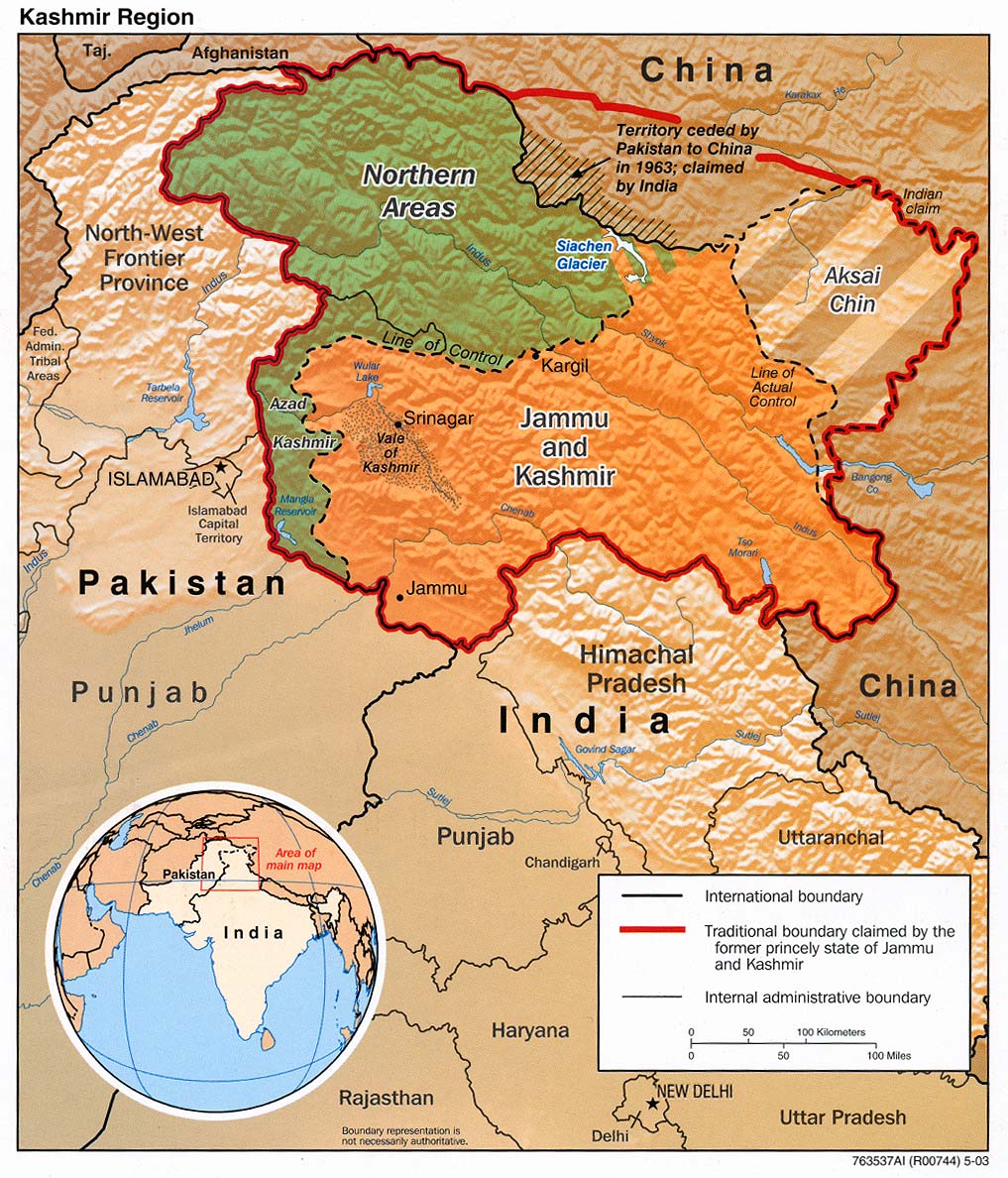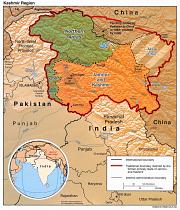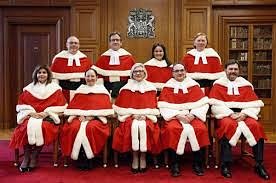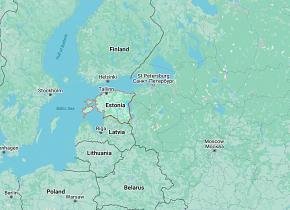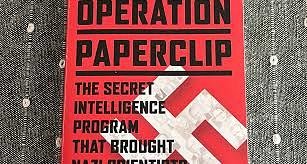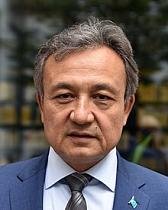Indian Uttrakhand's Top Rescuer Criminal in Kashmir
Srinagar: The Inspector General (IG) Inder Singh Negi, of the Indo-Tibetan Border Police [ITBP] is in news these days for the ITBP rescue and relief operations in Uttarakhand. But back in valley (Indian-controlled Kashmir) he continues to haunt the family of Mohammad Ashraf Koka who disappeared on October 27, 2001.
The family of Koka alleges that IG Negi was allegedly involved in his disappearance.
As per a statement of Association of Parents of Disappeared Persons (APDP), Writ petitions have been followed by numerous contempt petitions and recourse to the State Human Rights Commission [SHRC]. “The Jammu and Kashmir Police confirm the disappearance of Koka and believe that IG Negi and 10 other personnel of the ITBP are responsible. But, to date, the ITBP refuses to cooperate and IG Negi has managed to get a stay on the holding of an identification parade. Every effort is made to scuttle the processes of justice and persuade the family of the victim to compromise. Indian state has not only helped IG Negi to escape culpability in Koka’s enforced disappearance case but has been consistently promoted,†reads the statement.
Tahira Begum, the spokesperson of APDP, has alleged that state government is doing step motherly treatment with them. “It has been reported that DNA testing is being carried out for unidentified bodies in the Uttarakhand tragedy. While this is praiseworthy, if it can be done in Uttarakhand, why not in Jammu and Kashmir to help ascertain the identity of the numerous bodies [7000+] buried in unmarked graves and mass graves? In April this year it was also reported that the army was collecting and storing DNA samples of all its personnel. Why not then in Jammu and Kashmir?â€
Pertinently, the government of Jammu and Kashmir, Home Department, declared on August 13, 2012 to the SHRC that it could not act on the SHRC recommendations for investigations into the graves. “On the question of conducting DNA tests on the bodies interred in the graves, it is stated that with only 15/16 recognized labs in the government as well as in the private sector, in the entire country a comprehensive process cannot be undertaken. Instead, a ludicrous and unique solution is put forward: a blood relation of the victim should be in a position to indicate with fair amount of certainty the exact location of the graveyard and the grave which is now sought to be re-opened,†said Tahira.
Comments
There are 0 comments on this post


